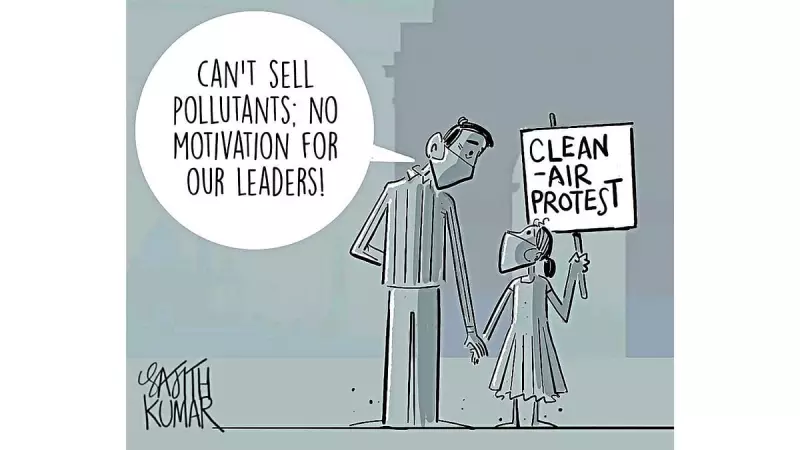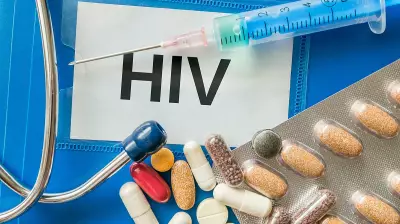
Delhi's ongoing battle against severe air pollution has reached a critical juncture as citizens take to the streets in organized clean air protests. The capital's residents are demanding immediate and effective government action to address what many are calling a public health emergency of unprecedented scale.
The Rising Tide of Public Anger
Fed up with years of empty promises and temporary solutions, Delhiites from all walks of life have joined forces to demand their fundamental right to breathe clean air. The protests have gained momentum as the city continues to grapple with hazardous air quality levels that pose serious health risks to millions of residents.
The movement has brought together students, professionals, senior citizens, and environmental activists who share growing concerns about the long-term health implications of sustained exposure to polluted air. Many participants report experiencing respiratory problems, eye irritation, and other health issues directly linked to the poor air quality.
Government Response and Public Demands
Protest organizers have presented a clear list of demands to government authorities, calling for comprehensive measures rather than temporary fixes. Key demands include stricter enforcement of industrial emission standards, accelerated transition to electric public transportation, and concrete action against agricultural burning in neighboring states.
Despite previous government initiatives and pollution control measures, participants argue that the response has been inadequate given the severity of the crisis. Many express frustration that the situation repeats annually without permanent solutions being implemented.
Health Implications and Economic Costs
Medical professionals participating in the protests have highlighted the alarming health consequences of Delhi's air pollution crisis. Children and elderly residents face particularly high risks, with doctors reporting increased cases of asthma, bronchitis, and other respiratory conditions during peak pollution periods.
The economic impact of the pollution crisis extends beyond healthcare costs. Businesses report decreased productivity, the tourism industry suffers, and many professionals reconsider living in the city due to health concerns. The protests emphasize that clean air is not just an environmental issue but crucial for sustainable economic development.
As the clean air protests continue to grow, they represent a significant shift in public consciousness about environmental rights. Delhi residents have made it clear that they will no longer accept pollution as an inevitable consequence of urban development, demanding that clean air be treated as a fundamental right rather than a privilege.






